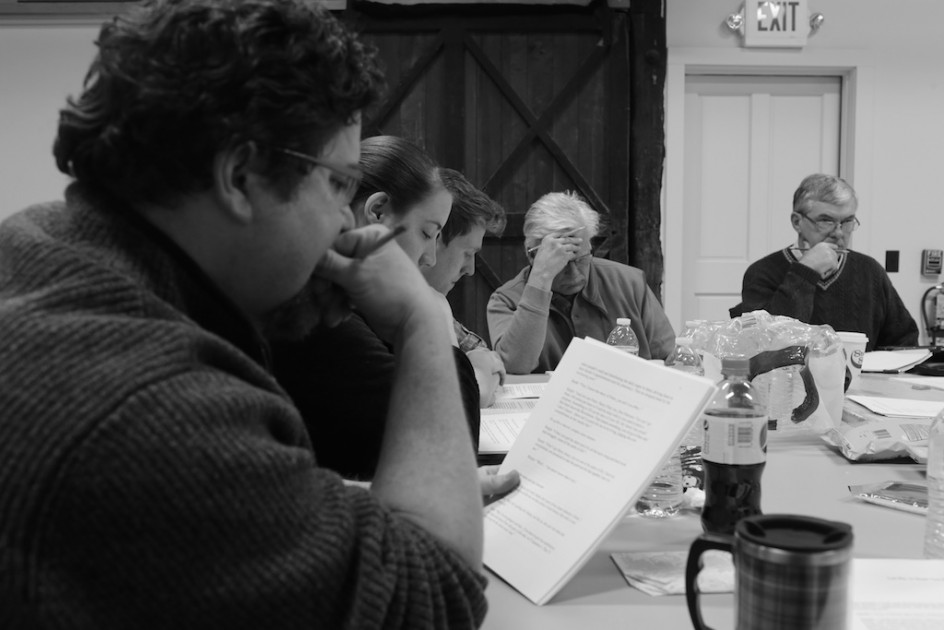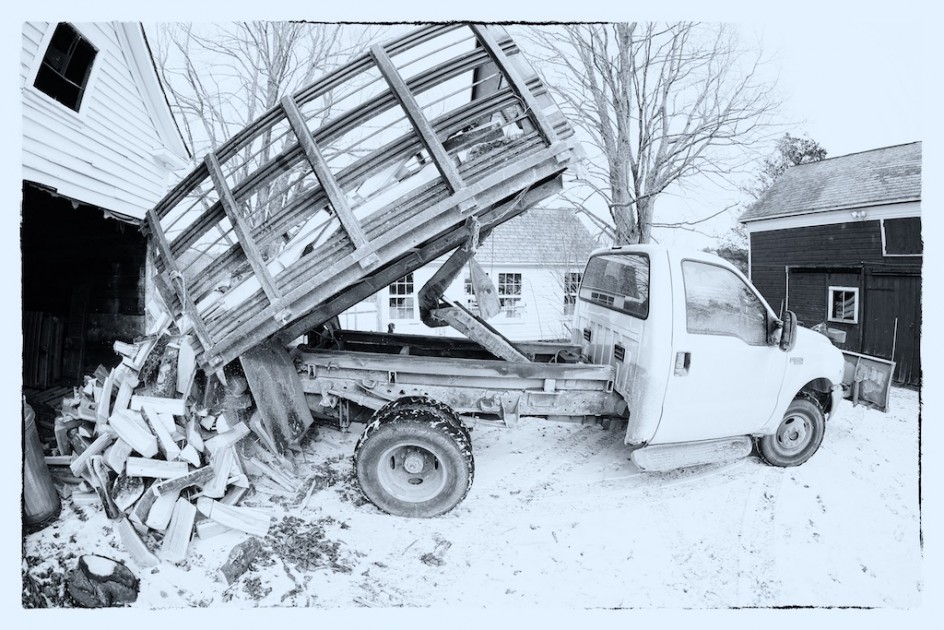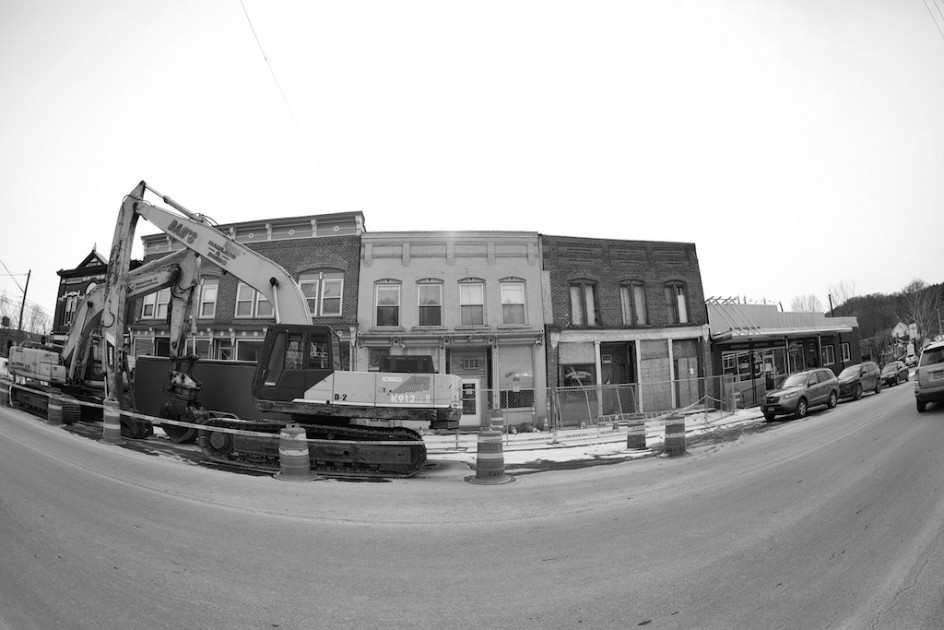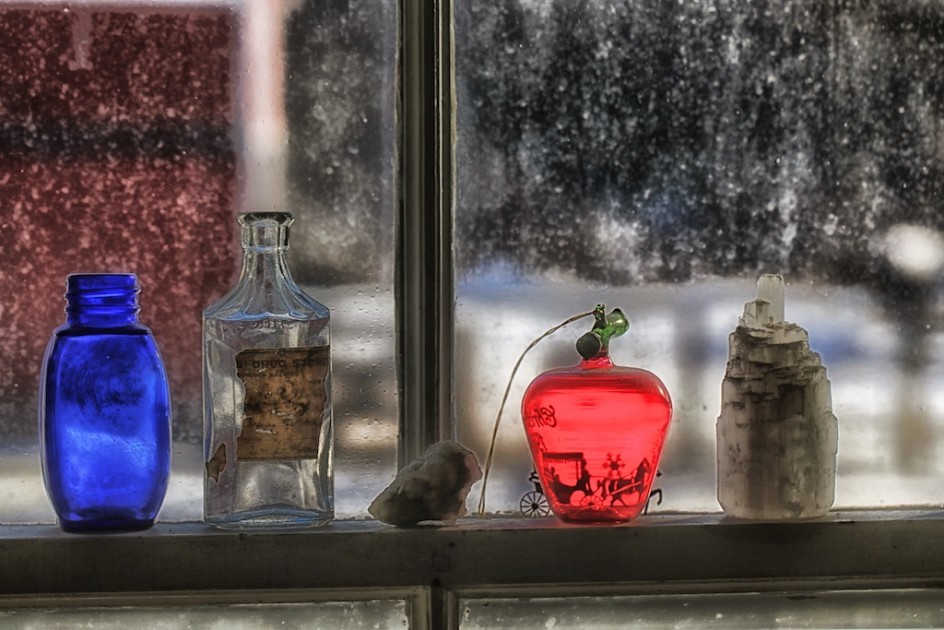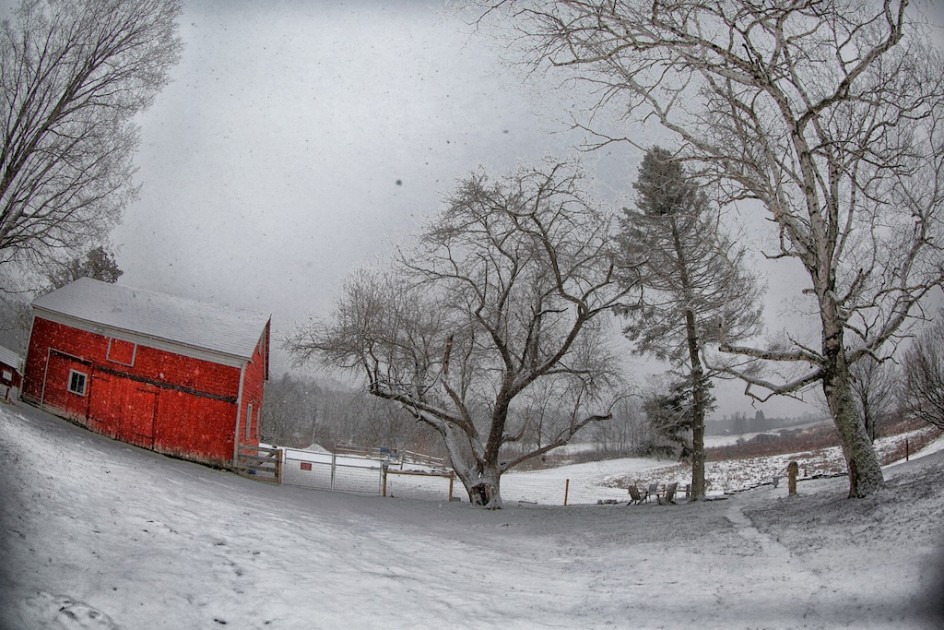
In the last few years, the corporate behemoth has gobbled up our weather, just as they have devoured Christmas and Thanksgiving and turned our most cherished holidays into discount shopping sprees. it is my role to understand life, not to judge it, but if you have a farm with animals, you have to pay attention to the weather. Other lives than yours depend on it.
Big storms make me nervous, because animals can suffer helplessly if their humans are not prepared, and in my life here, I have been caught unprepared in storms that nearly took my life. I was struck by the role of the Weatherman (and women) in our culture, they have, of course, been tragically corrupted by their new corporate masters, they are more visible, more influential and much more programmed than ever before. I heard from a lot of them today, I thought their place in our culture is disturbing and compelling. And important.
Climate change is a serious business, and so are the new Superstorms and environmental crises now regularly threatening our cities and many parts of the country – storms, floods, droughts, wildfires. In a sense the Weathermen are our connection to Mother Earth, they shape our view of the world and it’s environment, they are important. How sad to see them turn into the weather world’s local news anchorpeople, shouting hysterically, peddling fear and hysteria, sending mixed messages, turning the very environment into a dangerous and fearful thing.
Instead of explaining our world, they simply present it as another animated monster threatening us and our lives.
When the Superstorm strikes – in my town we now call this news Weather Panic – we are given perhaps our greatest opportunity to help many millions of people understand how the earth is bleeding and needs our attention. Mostly, the message we get is “be afraid. You better pay attention to us every minute because your life and your family’s life depends on it.” If you pay attention to the news, or to movies or publishing, you may recognize the corporate ethos: frighten them enough, and they will pay anything to listen.
I was struck watching the morning news shows. The anchors and weather people could hardly stop chuckling and giggling for a moment, even as they assured their viewers that a terrible catastrophe the likes of which had never been seen was bearing on us. On the Today Show, the anchors were convulsed over the idea that so many mothers would be rushing to the grocery store, only to find the shelves empty. On show after show, I saw nearly hysterical Weatherman, enthusiastically spouting warnings and topping one another in the grimmest superlatives. Wait until tomorrow, wait until 4 a.m., you haven’t seen anything yet, this is one for the ages.
What, I wondered, was the point of this? But I knew, of course. Corporate marketers understand that people are drawn to fear and danger, they are led to believe they can protect themselves by injecting it into their veins. They become addicted to troubling news, never to good news. There is big money in bad news.
But for millions of people, the very earth they live in becomes the enemy, a danger, not something to love and care for.
The rhetoric about the new storm, which the weather channel inexplicably named “Juno,” was simply outrageous. The storm was “historic,” “shatttering,” “threatening”, a giant “bomb”,”deadly,” “unprecedented.” Even though it was clear by evening the storm would not break previous storm records, it was described as an event that would be dangerous and horrific beyond imagination.
It is, of course, important to warn people about storms, if you read the old Farm Journals, there are so many accounts of families and children and animals killed in storms they did not know were coming, it is technological boon to be warned in time. It is a technological nightmare to have our understanding of climate, environment and weather co-opted by bubbleheads and hysterics and corporate marketers whose primary function seems to be to titillate and frighten, not educate or inform.
I am lucky to live where I live, the farmers here have a good bead on perspective. They know quite well that the climate is changing, and they know storms can be dangerous. They also know better than to use the language of Apocalypse to scare the wits out people. It snows in the winter, and sometimes gets very cold. That is a part of life. The Weather might help us out, they might point out that there are things we can do, if we can take our heads of the sand, to try and save the planet and reverse the horrific and man-made pollution that most scientists believe is response for these storms and destructive weather events. I didn’t hear that in any of the breathless accounts of the onrushing storm.
Rather than simply be frightened into stampeding the market for milk, or rushing out to buy batteries, perhaps we could try and save Mother Earth for ourselves and our children. We do not need these Weathermen to tell us which way the wind blows, they don’t seem to have a clue.

